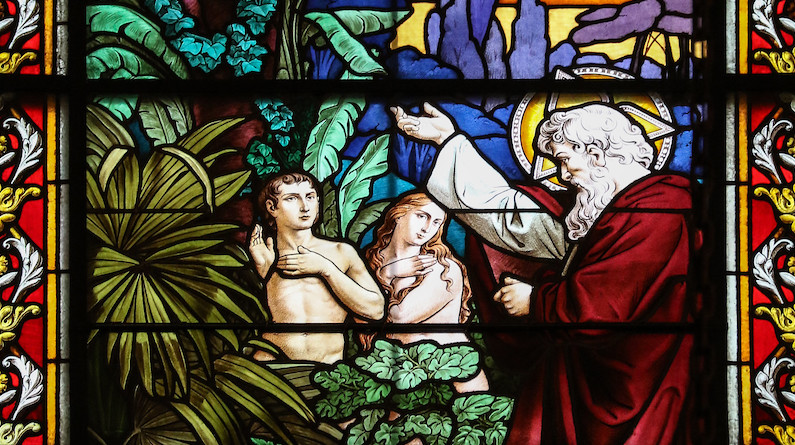Anyone who is familiar with J.R.R. Tolkien’s The Lord of the Rings might wonder: what does world domination have to do with invisibility? These are the two abilities granted by the wearer of the One Ring, which drives the story’s conflict. Surprisingly, this question touches upon the fundamental connection of human nature, fellowship, and ultimate happiness.
Near the deepest roots of our heart, we have the desire to love and to be loved, to know another and to be truly known in turn. Communion with others is written into our very nature. After all, we are created in the image of God, whose very nature is a Trinitarian communion in which each Divine Person is known in relation to the others. Similarly, we only become our authentic selves through authentic relationship—with family and friends, with society of every level, with the Church, and, fundamentally, with God. And it is God’s magnificent ordering that allows our uniqueness to exist within a harmony that spans all of creation.
Yet, a darker path exists. We can attempt to refashion the world according to our own will in opposition to God’s harmonious ordering. Necessarily, this means opposing anyone whose heart aligns with God’s. Relationship, once the means of attaining our complete happiness and identity, now enslaves us. In the resulting quest to assert our will, we retreat into a hypothetical world of our own making and disengage from others either for self-protection or for avoiding the responsibilities that seem to restrict us. The result is invisibility.
This has been played out since the first sin, when Adam and Eve opposed the order that God had established for their happiness (Gen 3). They became aware of their own nakedness and vulnerability, and so in a first act of invisibility they hid from God and covered themselves with fig leaves to hide from each other. Even if we succeed in dominating, we become slaves to paranoia as we try to maintain our fabricated world. In either case, invisibility leads to isolation. In The Hobbit, Tolkien had described how the Ring led one of its bearers into such isolation that he crawled away from the world, down into a dark forgotten cavern at the roots of the mountains, where his life became one of “endless unmarked days without light or hope of betterment, hard stone, cold fish, sneaking and whispering” (The Hobbit, Ch. 5).
The Lord of the Rings presents a radically different approach to the classic “good guys vs. bad guys” struggle. As stories usually go, the good guys triumph over the bad guys and then re-fashion the world according to their view. In Tolkien’s story, anyone can use the Ring to win and control others, but this only replaces one distortion of God’s creation for another. In the end, the only solution is an act of complete and trusting surrender to God’s Providence: the Ring must be destroyed. Rather than selfish control, destroying the Ring requires fellowship and trust, both in God and in our fellow man. This act requires every character to abandon his invisibility, whether it be kings hiding behind walls of pride, hobbits hiding in their ignorance of their neighbors’ troubles, or elves hiding in their inaccessible kingdoms.
The dual temptation to domination and invisibility is opposed by fellowship. Despite the wounds of sin, we must seek authentic communion with others. We must fully participate in our relationships; above all, in the communion of the One, Holy, Catholic, and Apostolic Church, where fellowship with God and others reaches such a degree of intimacy that we become united in the Body of Christ. For there is no unity in spirit without unity in fact. It is through his Church that God pours out his grace that makes true fellowship possible despite our broken nature. And it is through his Church that God has planned for us to find our ultimate happiness, and to love and be loved—even now—as a pledge of future glory.
✠
Photo by Fr. Lawrence Lew, O.P. (used with permission)







